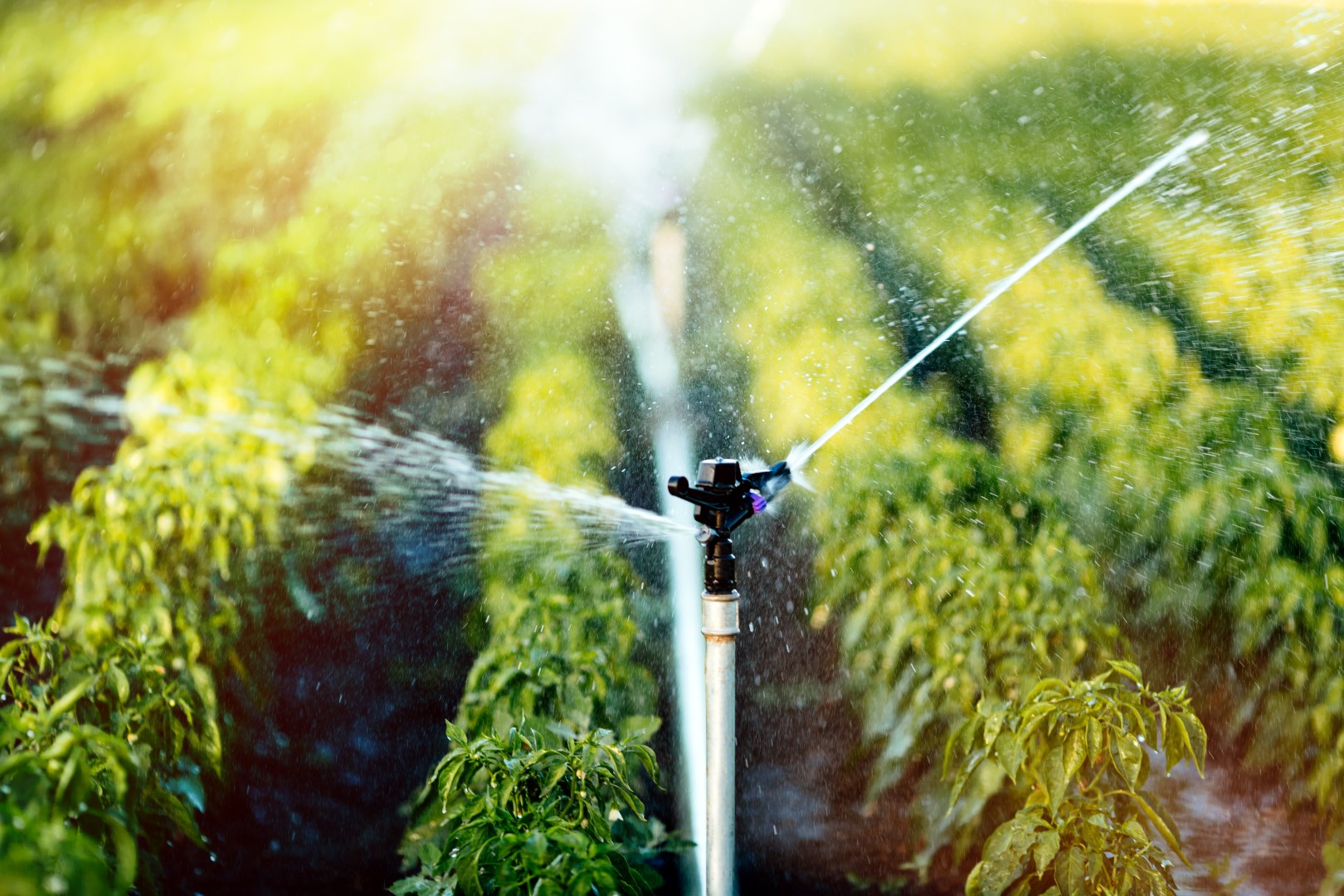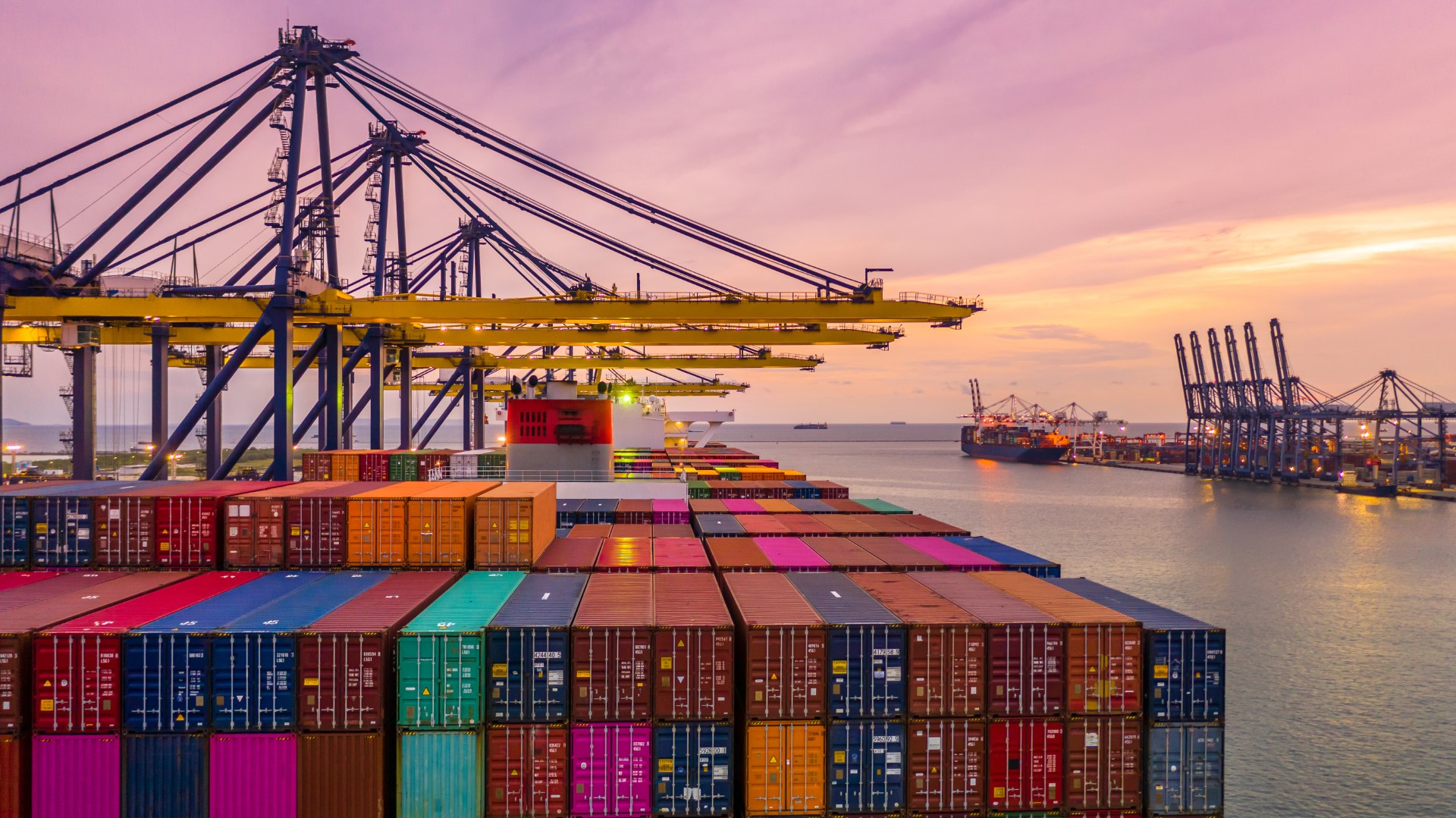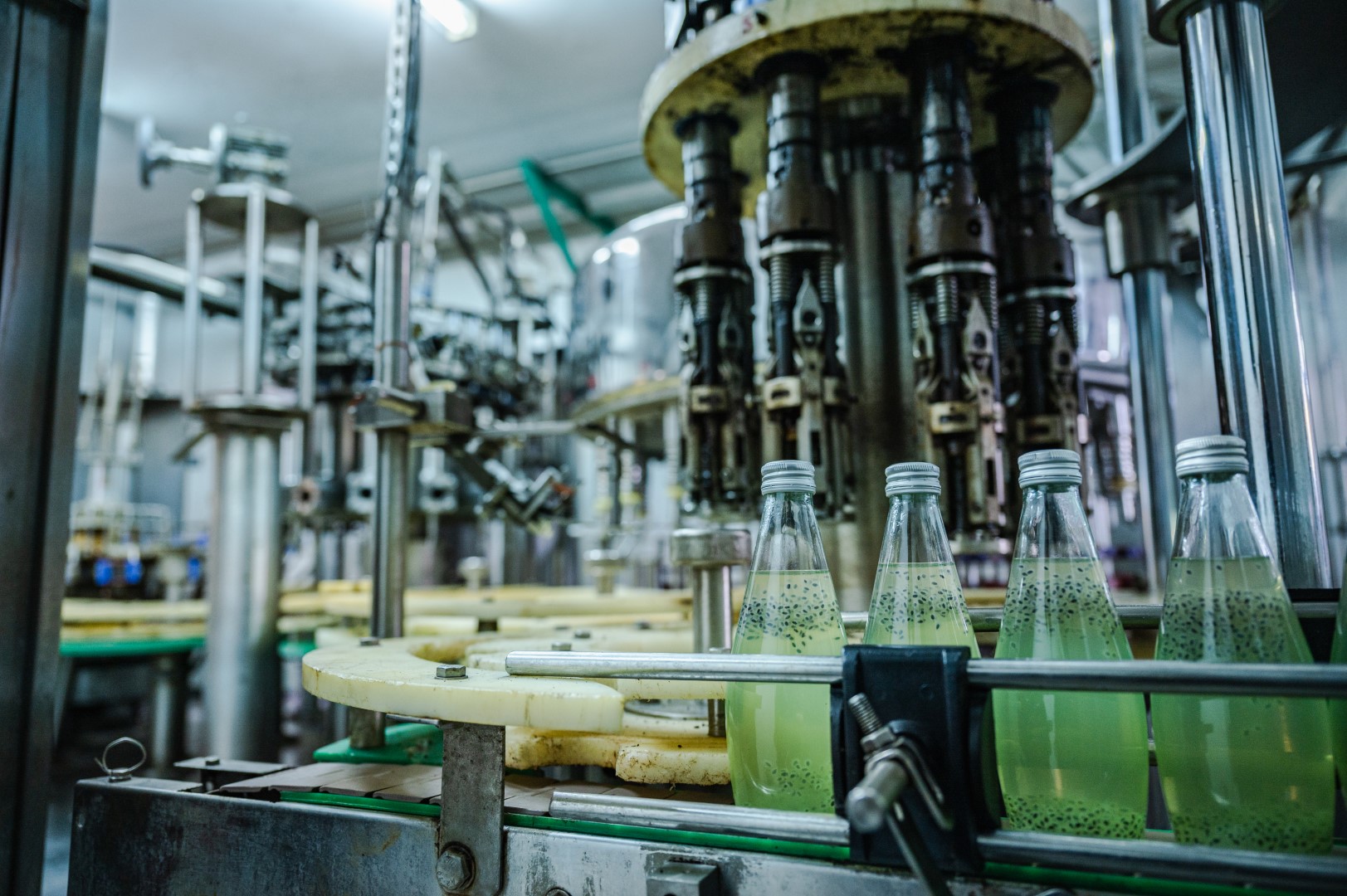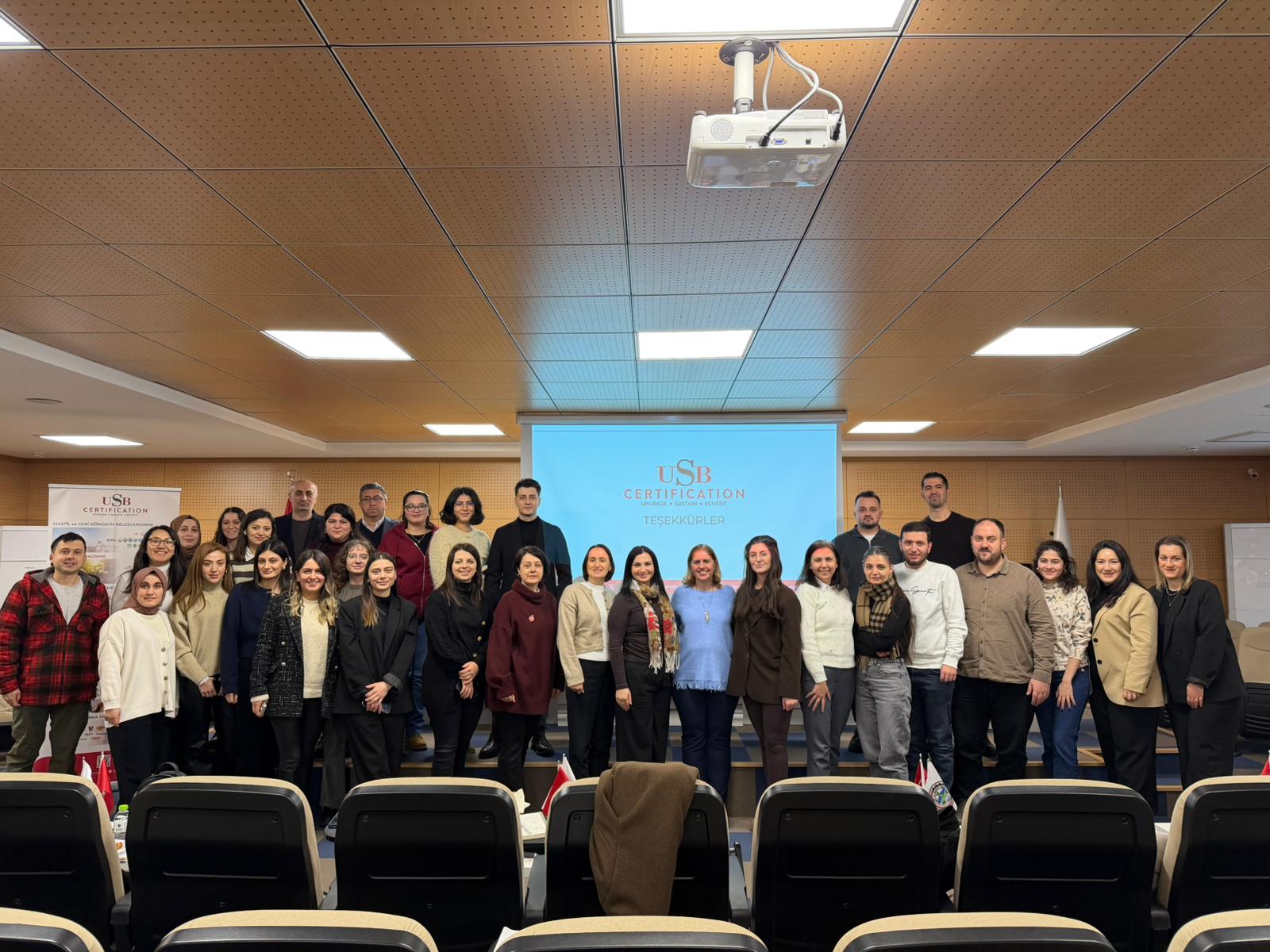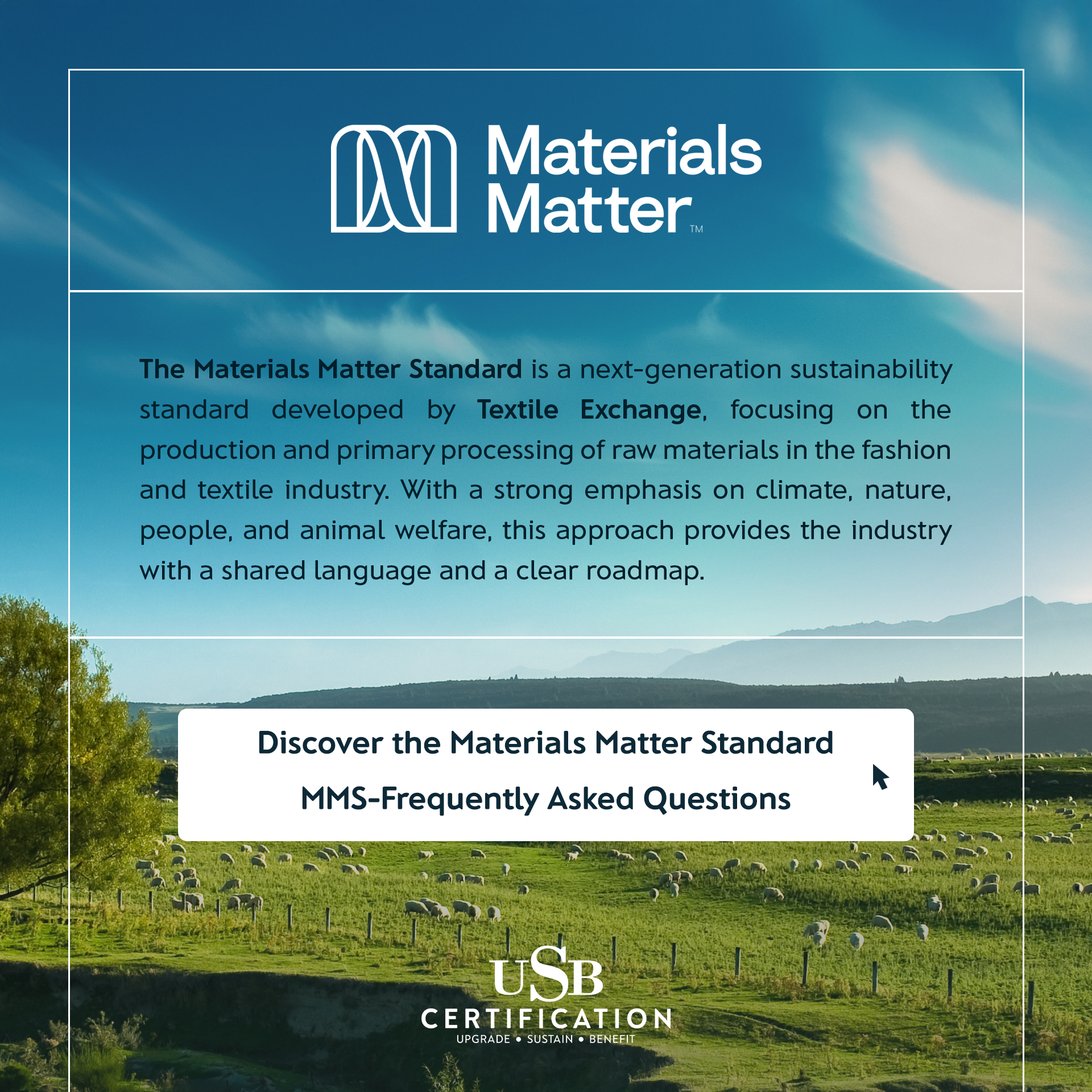Italy’s Ministry of Environment has announced plans to implement the Extended Producer Responsibility (EPR) legislation for the textile sector in the first quarter of 2026. This decision represents a significant step toward a more circular and sustainable economic transition in the country’s textile industry.
Earlier this year, the ministry launched a public consultation on the draft regulation for textile products, including clothing, footwear, accessories, leather goods, and home textiles. ReDress Italy is one of the candidate responsibility organizations actively participating in the preparation of Italy’s textile EPR system.
Although not officially recognized yet, ReDress representatives stated that they are working to establish the EPR infrastructure in line with the 2026 target. The ministry also aims to bring together relevant stakeholders in a regular coordination group.
This initiative has the potential to position Italy as a leader in EPR implementation within Europe’s textile sector. Successful execution will require collaboration between producers, recyclers, and policymakers.
With the EPR system in place, producers will be held more accountable for their products’ end-of-life processes, actively contributing to collection, sorting, reuse, and recycling activities. The system will also provide financial incentives for producers to design more sustainable products.
The new regulation will not only cover direct producers but also importers, retailers, brands, and e-commerce companies, creating a broad impact. Once the law is enacted, all stakeholders in Italy will need to comply with new requirements and reassess their business models.
In conclusion, Italy’s transition to a textile EPR system represents a strong move to instill sustainable production practices in the sector. The regulation will increase environmental responsibility while promoting transparency, accountability, and innovation across the textile ecosystem.



